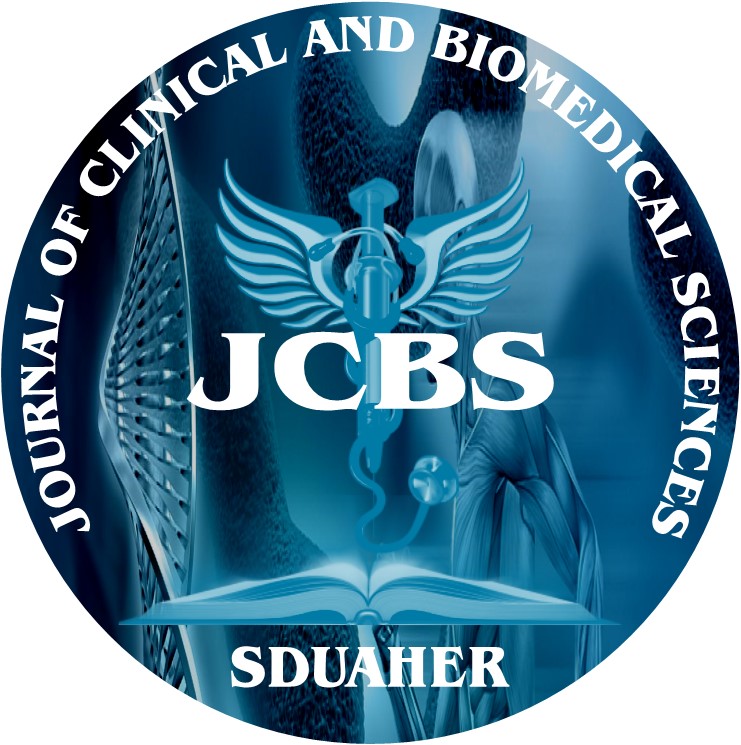


Journal of Clinical and Biomedical Sciences
DOI: 10.58739/jcbs/v14i4.editorial
Year: 2024, Volume: 14, Issue: 4, Pages: 118-120
Editorial
Das S1∗
1Professor & HOD, Department of IHBT, Sri Devaraj Urs Medical College, Kolar, 563103, Karnataka
*Corresponding Author
Email: [email protected]
Received Date:18 December 2024, Accepted Date:19 December 2024, Published Date:20 December 2024
Medical education research (MER) plays a critical role in transforming healthcare by enhancing teaching practices and shaping the future of healthcare professionals. By integrating educational research theory, MER strives to improve how medical knowledge and skills are imparted to students, ultimately contributing to better patient care outcomes. Globally, MER has rapidly expanded, becoming a distinct and well-established field. However, in countries like India, medical faculty members often find themselves overwhelmed by clinical responsibilities or engrossed in biomedical research, leaving little time or resources for engaging in educational research. Recent shifts, such as the implementation of competency-based medical education (CBME) for medical undergraduates, alongside support from regulatory bodies and the National Education Policy, have sparked positive change in the landscape of medical education. These developments have redefined what constitutes academic scholarship, broadening its scope to include all scholarly activities that contribute meaningfully to education. One such concept is the Scholarship of Teaching and Learning (SoTL), which links high-quality teaching with evidence-based practices that improve patient care outcomes. By fostering a community of practice, SoTL has created a network of scholars that not only advances research but also drives greater collaboration among educators. The shift towards SoTL has introduced a paradigm in which teaching is not just about delivering knowledge but about engaging in continuous learning and improvement. As ten Cate notes, medical education research has grown beyond a niche area and become a distinct field within health professions education scholarship. The notion of scholarship, traditionally associated with research, has now expanded to include teaching and learning practices that are rigorously evaluated and peer-reviewed, with clear outcomes that benefit the broader academic and healthcare communities.
This is an open-access article distributed under the terms of the Creative Commons Attribution License, which permits unrestricted use, distribution, and reproduction in any medium, provided the original author and source are credited.
Published By Sri Devaraj Urs Academy of Higher Education, Kolar, Karnataka
Subscribe now for latest articles and news.